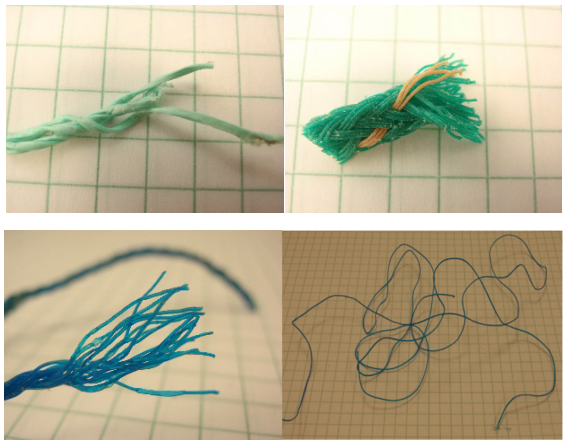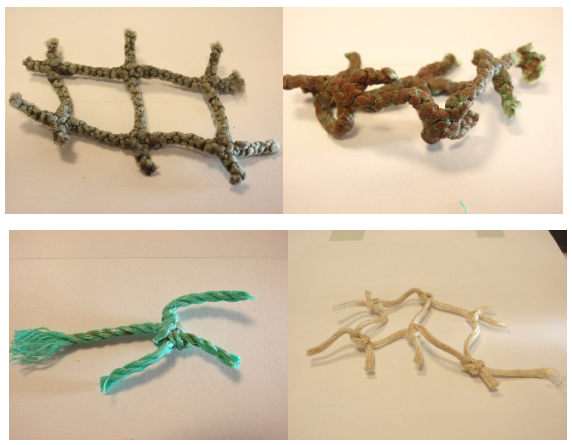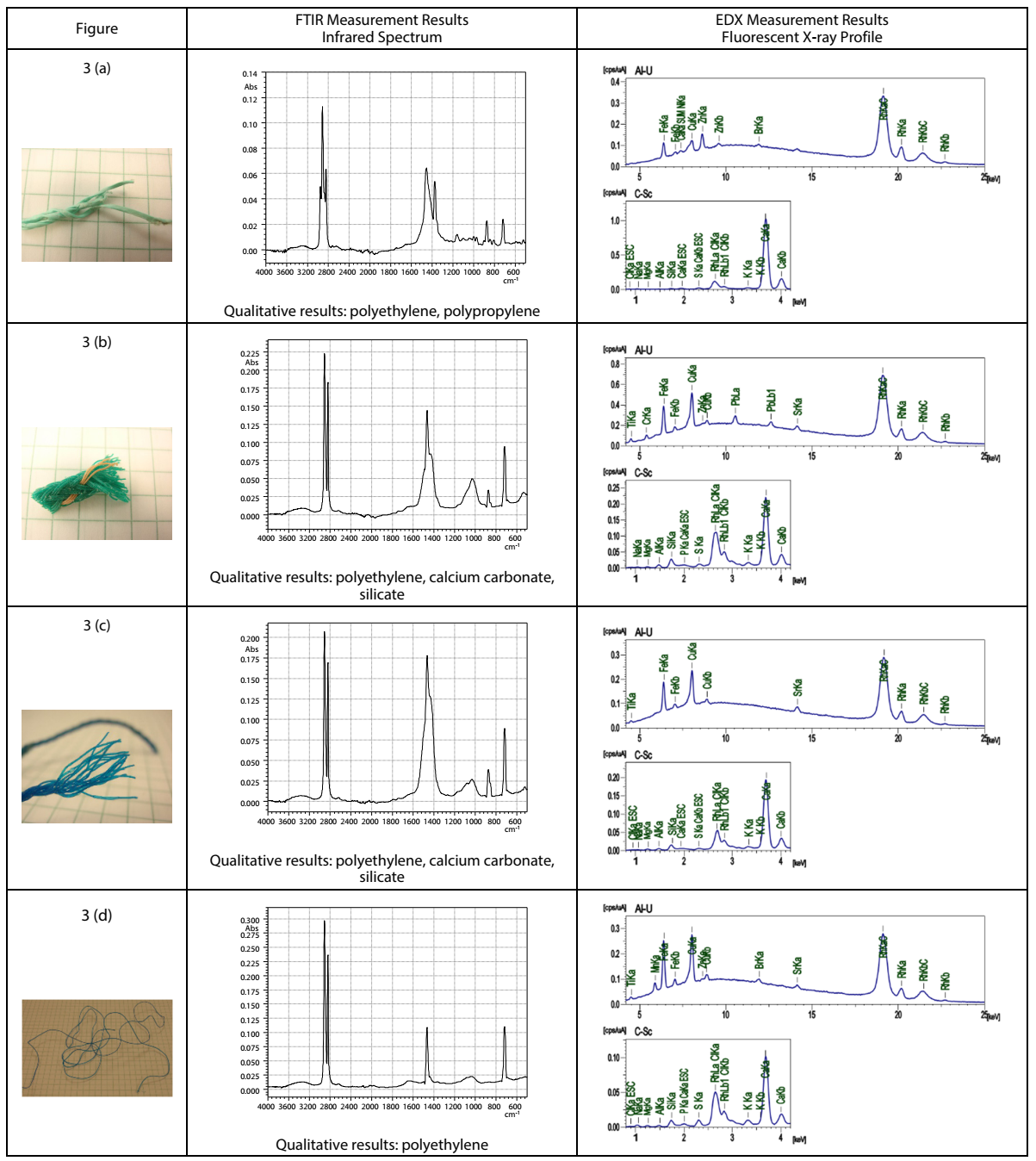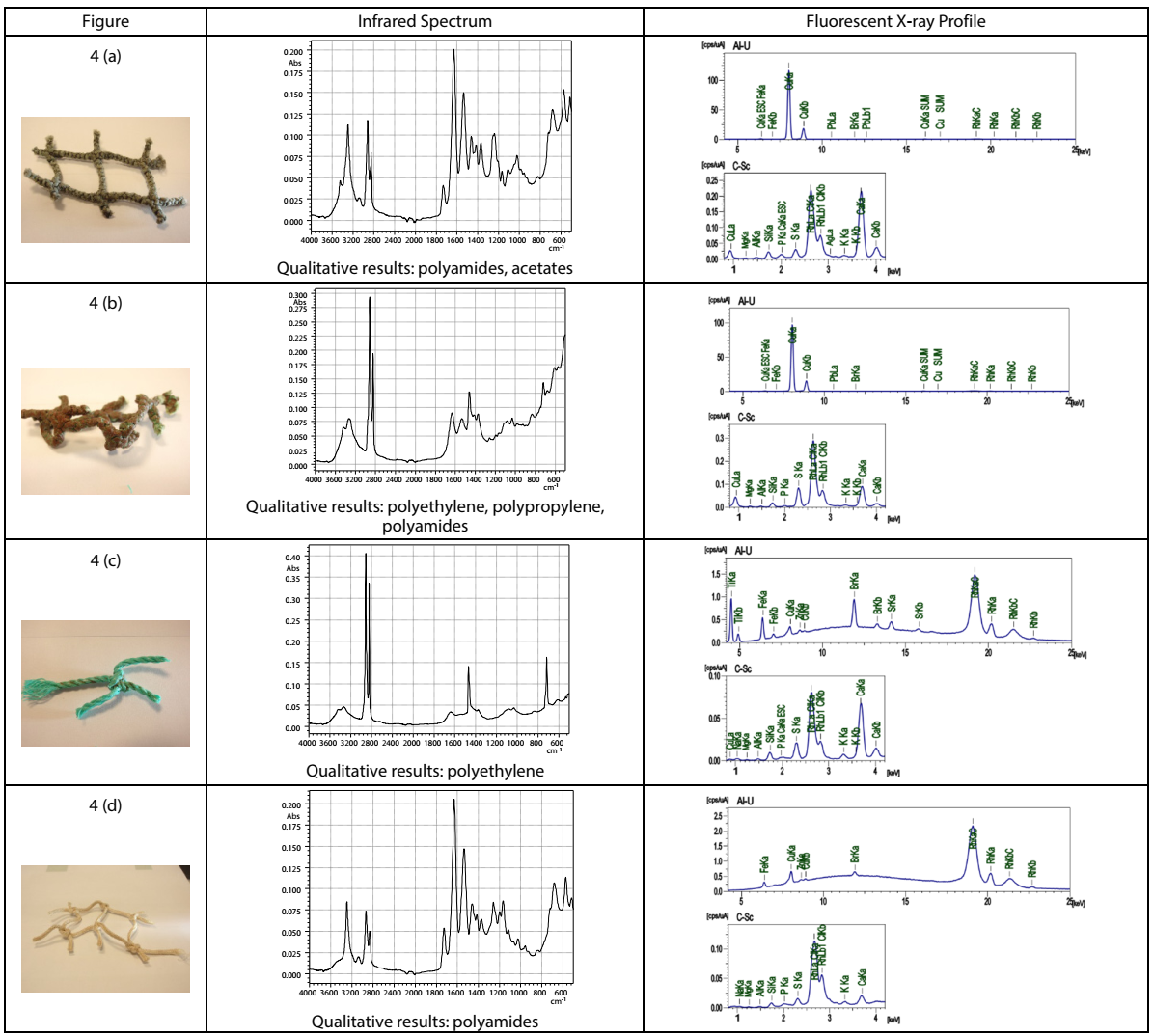News
TOWARD RECYCLING OF MARINE DEBRIS – ANALYSIS OF MICROPLASTICS USING FTIR AND EDX
Marine plastic waste (or marine debris), especially microplastic, is a new issue that is receiving great international attention. Currently, there have been many studies evaluating the actual state of waste generation at sea, including microplastic, as well as assessing their impact on marine ecosystems. The identification of sources as well as their volumes in coastal and marine environments helps to effectively control and prevent harmful impacts on aquatic life.
Tools used in fishing and aquaculture: fishing lines, fishing nets ... were originally made from natural materials but today have been gradually replaced by synthetic resins, when these tools did not properly stored and used can become plastic waste that can destroy the environment.

Fishing Nets and Fishing Lines Collected on Beaches

Fishing Nets obtained at a Recycling Plant
After years of research and development, Shimadzu have found a way to test, evaluate and give answers to this question by combining the using EDX and FTIR.

IRTracerTM-100 and EDX-8000

Table 1: Measurement Results Fishing Nets and Fishing Lines Collected on Beaches

Table 2: Measurement Results Fishing Nets obtained at a Recycling Plant
The results of measurement using FTIR showed that, for the samples in table 1 polyethylene was the main component in many cases, and the other components were polypropylene and, as additives, calcium carbonate and silicate. From the results of qualitative quantitative analysis by EDX, it was found that the Cu content of the samples in table 1 was less than 0.03 wt%, and that they have no Cu protective coating.
On the other hand, it was found that various types of polymer including polyethylene, polypropylene and polyamides were used in the samples table 2. In addition, the Cu content was estimated to be 8 wt% to 15 wt%, which is more than others, so it could be inferred that was fishing net with a Cu protective coating. Most of the fishing tools are made from synthetic resins - a very light material that can float on the ocean surface when thrown away and improperly disposed, which is one of the sources of plastic waste in the ocean if not reused and properly collected.
This confirms Shimadzu's multipurpose analyzer line: fully capable of meeting the needs of fast analysis in controlling and reducing the dispersion of plastic waste – one of sources emissions microplastics in the ocean - helping to improve quality and control pollution are already a top concern in many countries.
Source: ETA
Others
- TECOTEC GROUP ATTENDED SHIMADZU’S SERVICE MANAGER MEETING IN 2022
- TECOTEC HANDED OVER EDX-7000 X-RAY FLOURESCENCE SPECTROMETER AT NIDEC CHAUN CHOUNG VIETNAM
- INSTALLATION OF CHIP PROCESSING SYSTEM – LANNER/ GERMANY
- TECOTEC completed installation of EDX-LE Energy dispersive X-ray Fluorescence spectrometer at DYT Vina
- TECOTEC DELIVERED AND INSTALLED THE 2ND X-RAY FLUORESCENCE SPECTROMETER - EDX-LE PLUS AT TABUCHI
- TECOTEC Group has handed over PDA-7000 Optical Emissions Spectrometers for Nihon Plast Vietnam
- Bowman XRF Coating Measurement System For Electroless Nickel Plating
- TECOTEC DELIVERED AND INSTALLED SMX-2000 SYSTEM TO NIDEC TECHNO MOTOR VIETNAM



